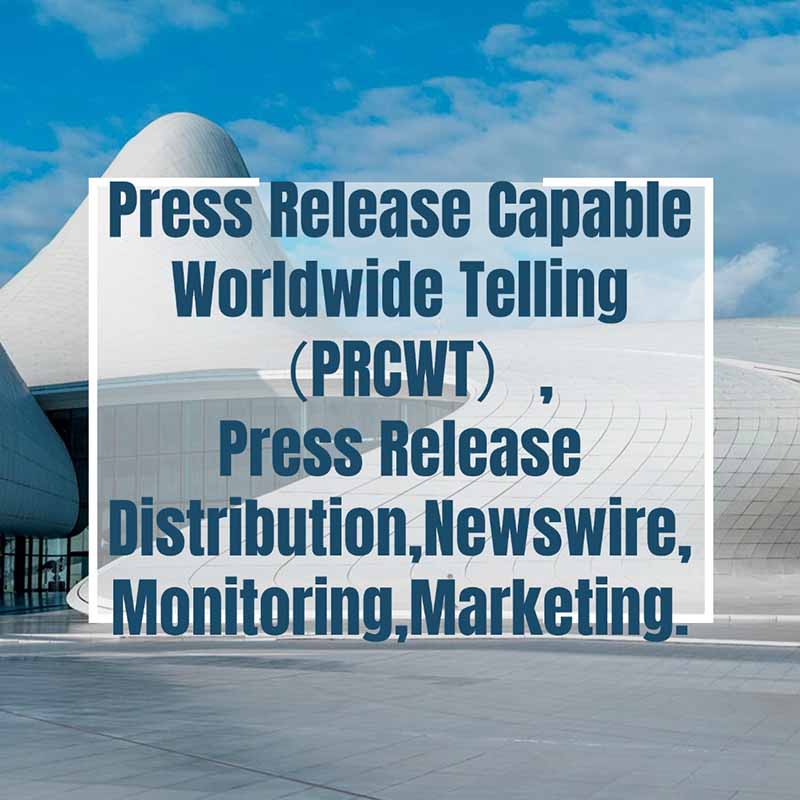In the highly competitive business landscape of today, the role of brand storytelling has become increasingly crucial. A brand's story is not just a collection of words or images; it is the essence that connects the brand with its customers on an emotional level. A well-crafted brand story can create a unique identity, foster customer loyalty, and drive business growth. By delving deep into the brand's history, values, and mission, companies can uncover the hidden potential within their brand and communicate it effectively to the world. This process involves understanding the target audience, identifying the key messages, and presenting them in a way that resonates. One of the most powerful aspects of brand storytelling is its ability to evoke emotions. When consumers connect with a brand on an emotional level, they are more likely to form a lasting relationship. Brands that can tell a story that tugs at the heartstrings are more likely to stand out in a crowded marketplace. For example, Apple's brand story is one that is deeply rooted in innovation and simplicity. Their products are not just technological devices; they are a reflection of a lifestyle and a set of values. By telling this story, Apple has been able to create a cult following and maintain its position as one of the most valuable companies in the world. Another example is Coca-Cola, whose brand story is centered around happiness and togetherness. Their advertising campaigns often feature families and friends enjoying their products, creating a sense of warmth and connection. This emotional appeal has helped Coca-Cola maintain its popularity for over a century. In addition to evoking emotions, brand storytelling can also help to build trust and credibility. When consumers understand the brand's values and mission, they are more likely to trust the company and its products. Brands that are transparent about their processes and practices are more likely to gain the trust of their customers. For example, Patagonia is a brand that is known for its commitment to environmental sustainability. Their brand story highlights their efforts to reduce their environmental impact and promote sustainable practices. This has helped to build a loyal customer base that is willing to pay a premium for their products. In conclusion, brand storytelling is a powerful tool that can help companies to connect with their customers on an emotional level, build trust and credibility, and drive business growth. By understanding the importance of brand storytelling and implementing effective strategies, companies can create a unique brand identity that sets them apart from the competition.
